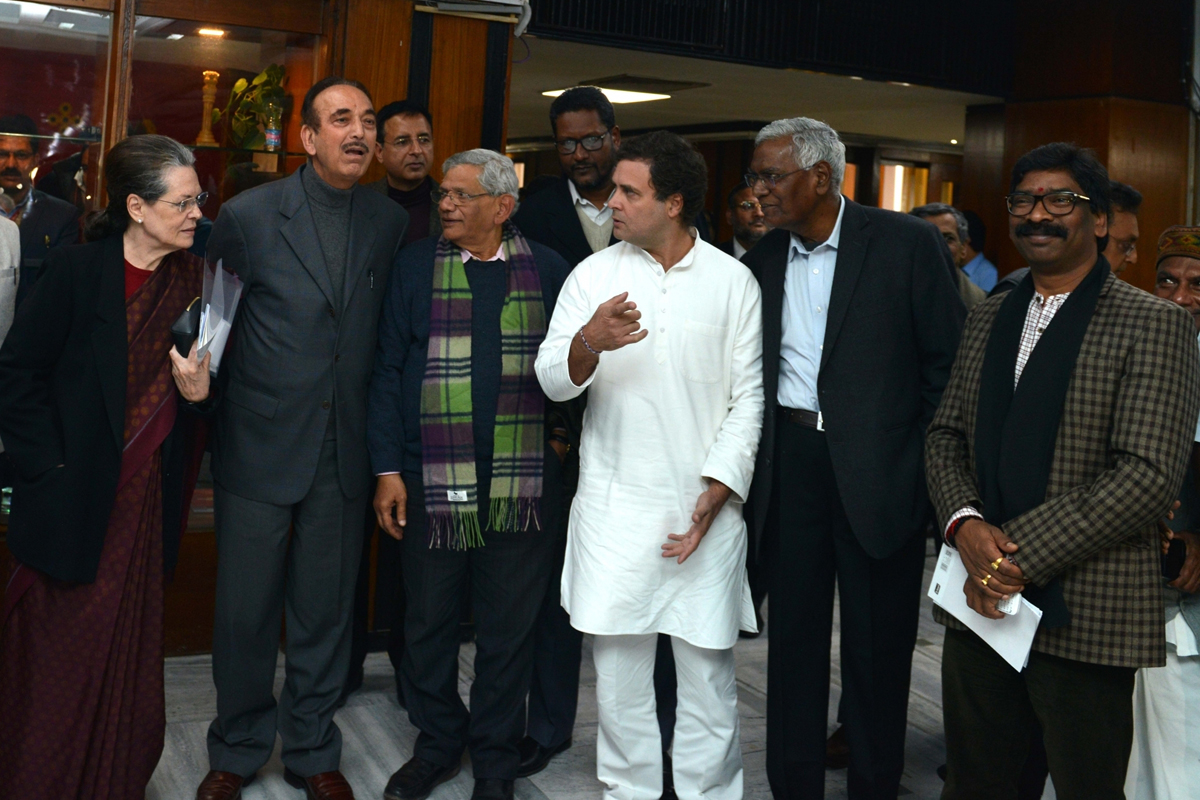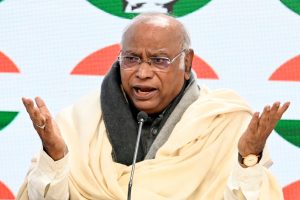With nearly 20 Opposition parties passing a resolution demanding the withdrawal of the amended citizenship law and Kerala becoming the first state government to move the Supreme Court against the Citizenship Amendment Act (CAA), there appears to be a political pushback to the legislation to provide citizenship on the basis of religion rushed through in Parliament by the BJP-led government at the Centre.
Buoyed by the continuing countrywide protests against the CAA and the accompanying National Register of Citizens and National Population Register, the Opposition has seized the opportunity to take on the government. Notwithstanding Prime Minister Narendra Modi and Home Minister Amit Shah accusing the Opposition, mainly the Congress, of fuelling Pakistan’s agenda by opposing the new Act, the fact is that so far protests have been largely spontaneous actions by students and civil society activists with no political leadership behind them, except perhaps in West Bengal. And they are showing no signs of abating.
In this milieu tailormade for Opposition unity, parties such as Mamata Banerjee’s Trinamul Congress, Mayawati’s BSP, the Samajwadi Party, new Congress ally Shiv Sena and the DMK chose to stay away from the meeting called by Sonia Gandhi to deliberate on the current political situation in the wake of the countrywide unrest over the CAA, NRC and NPR.
Whatever their regional compulsions as well as their reluctance to be part of a forum ostensibly led by the Congress, the need of the hour is to unite and force a rollback of the contentious legislation according to the view expressed by Nobel economist Amartya Sen, who has said unity makes protest easier. In the last six years, attempts at coming together by Opposition parties on issues that have roiled the nation have failed largely over the leadership issue.
The Congress which was earlier the ruling party or the principal Opposition party has sunk to such depths that regional satraps and even small parties are unwilling to join a bloc helmed by the grand old party. There is no justification for it to continue to occupy the leadership position when it has failed to take on the BJP in any meaningful manner. Its muddled positioning on many crucial issues, its soft Hindutva push, temple hopping and its refusal to take a stand on discriminatory decisions for fear of rubbing a certain section of the electorate the wrong way have left it in tatters in the past two general elections.
No doubt, it has made a comeback in four northern states and is piggybacking on stronger regional parties in a few other states, but it cannot claim to be the leader by a long stretch. The hope for a combined and strong Opposition thrust against a government facing isolation in parts of India and internationally lies in the Congress agreeing to be one among equals, not the first among them.









